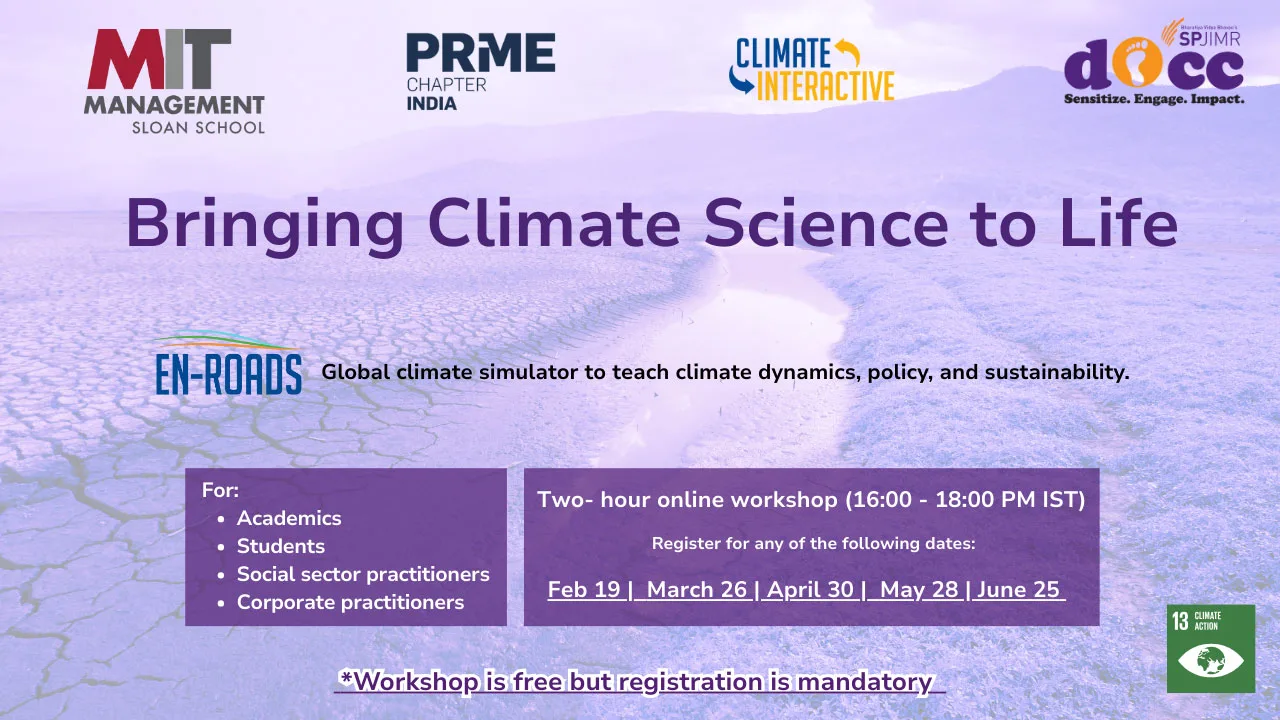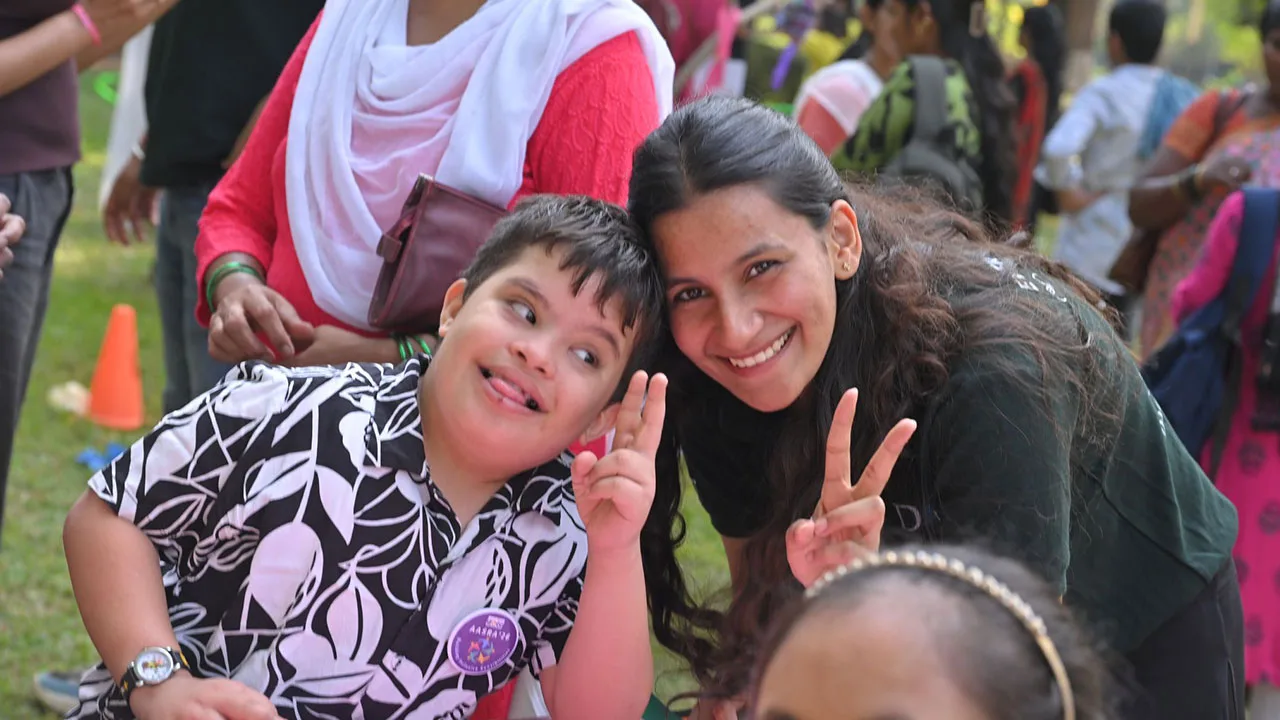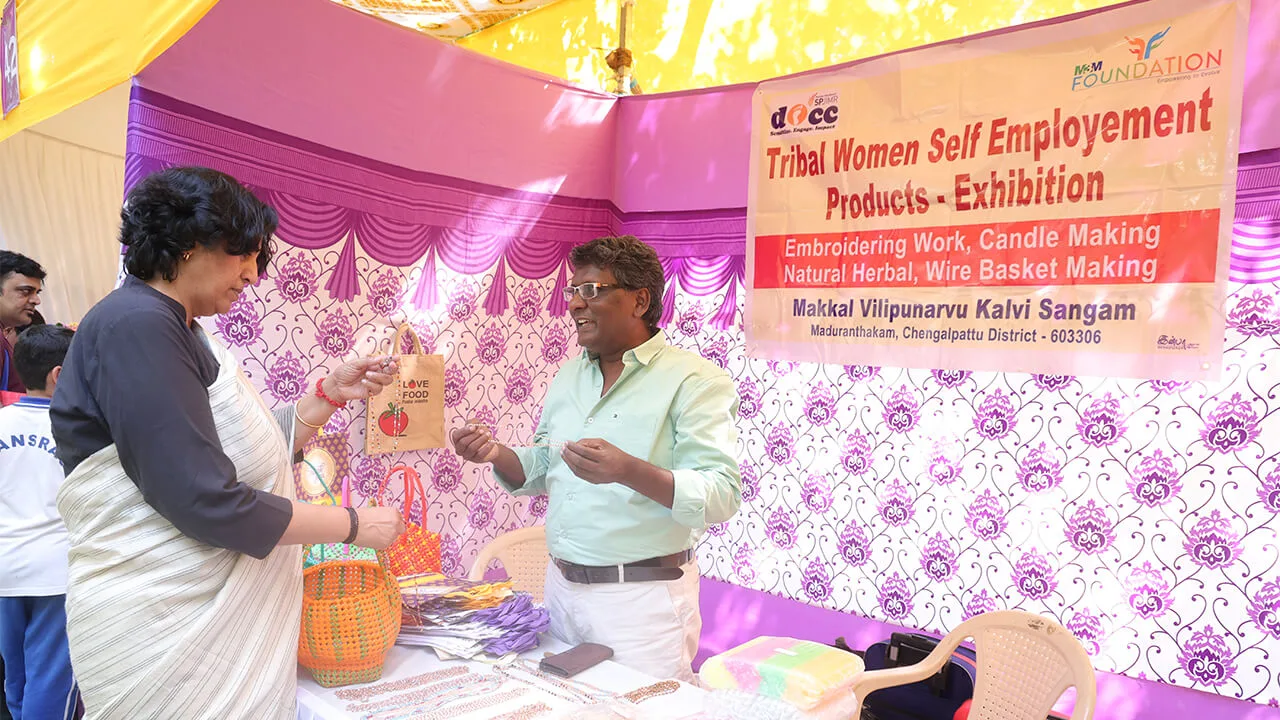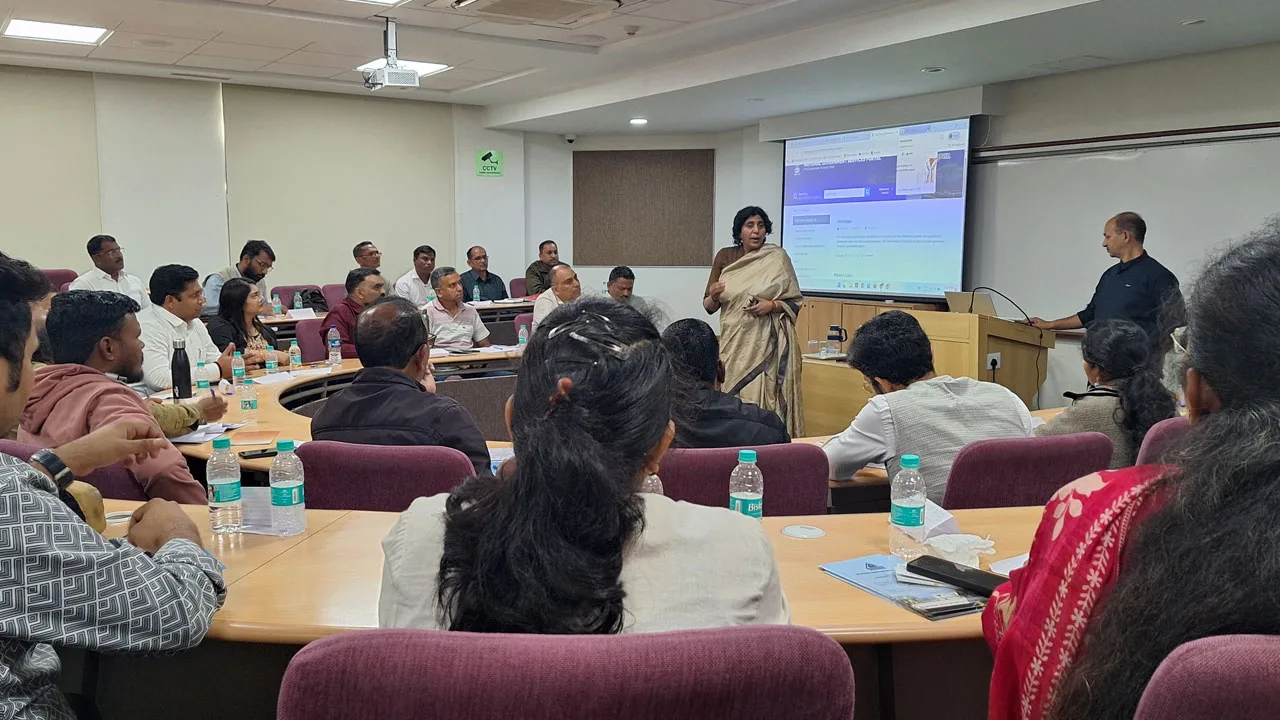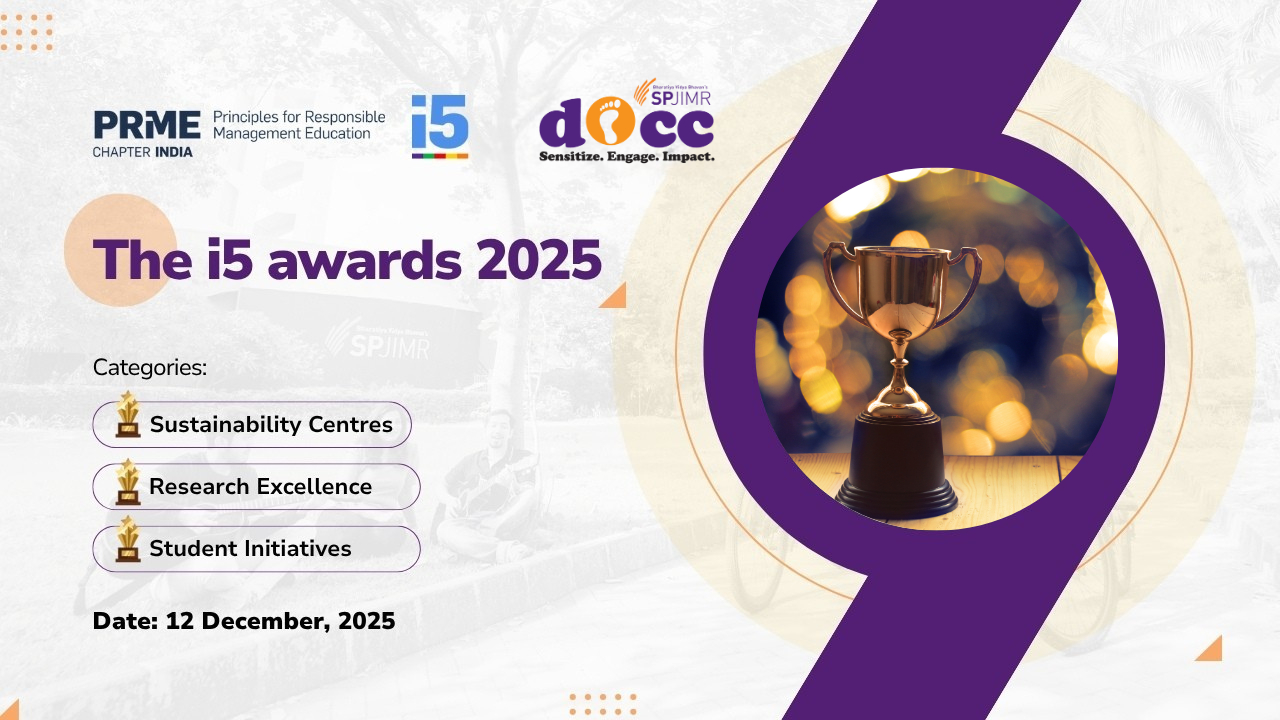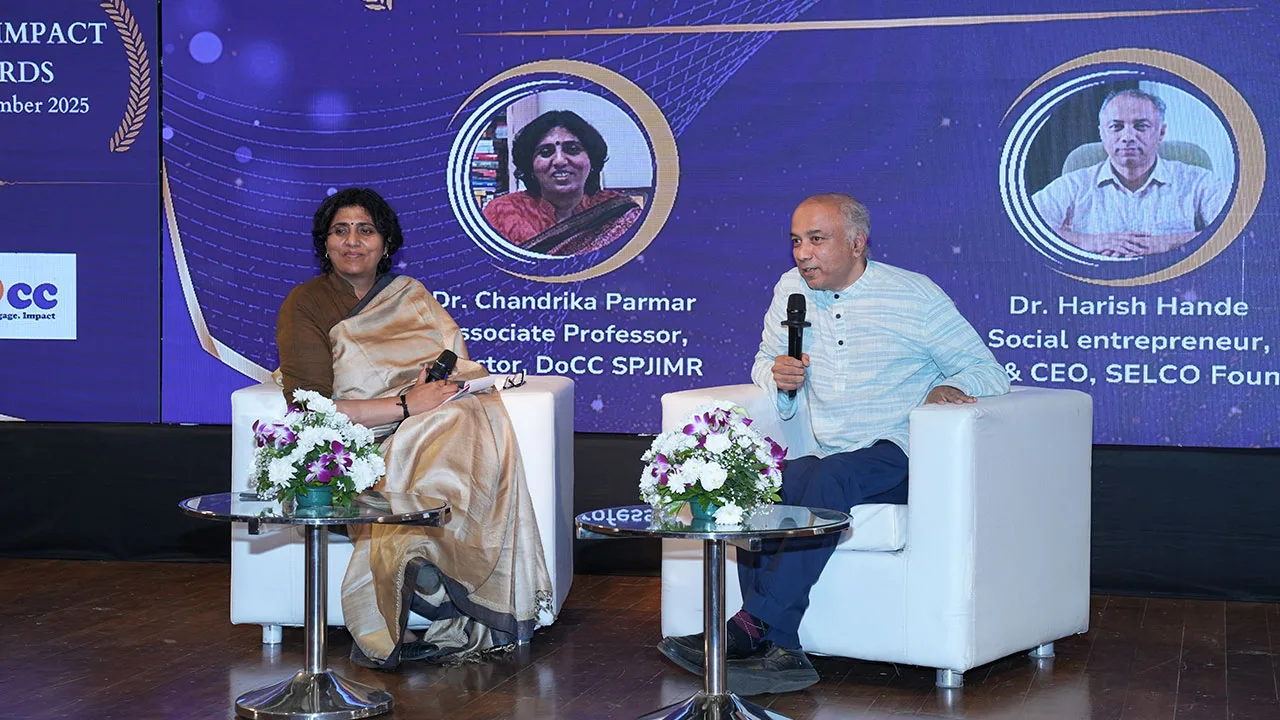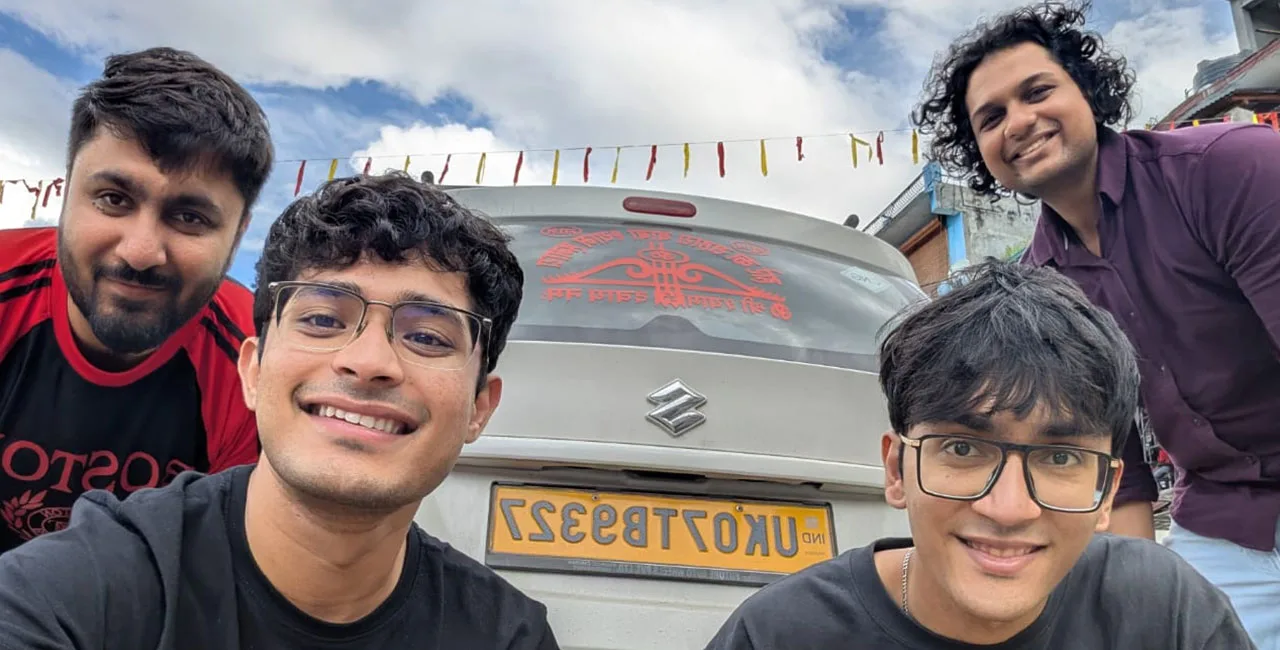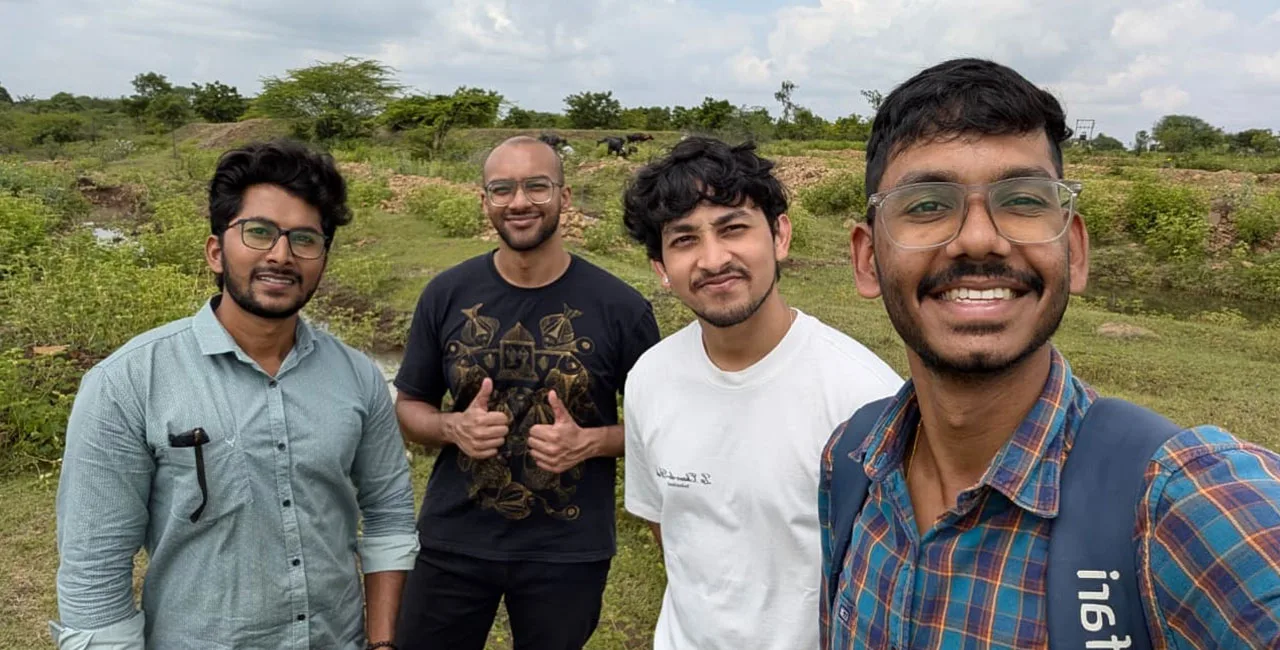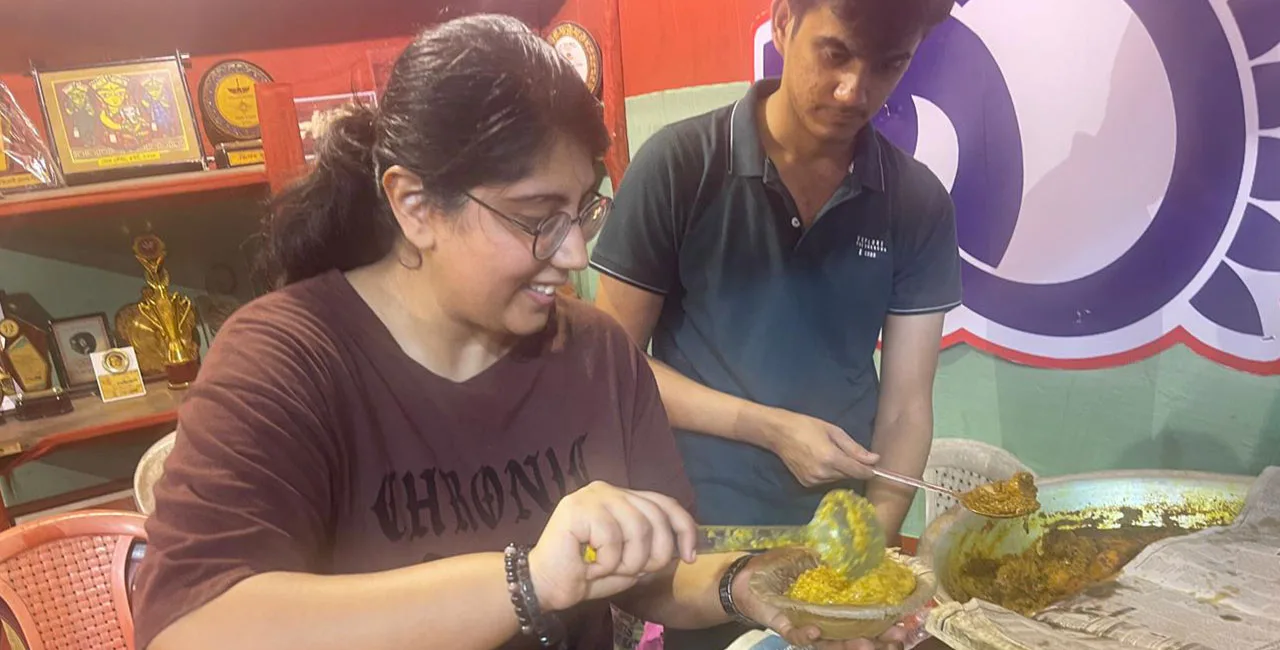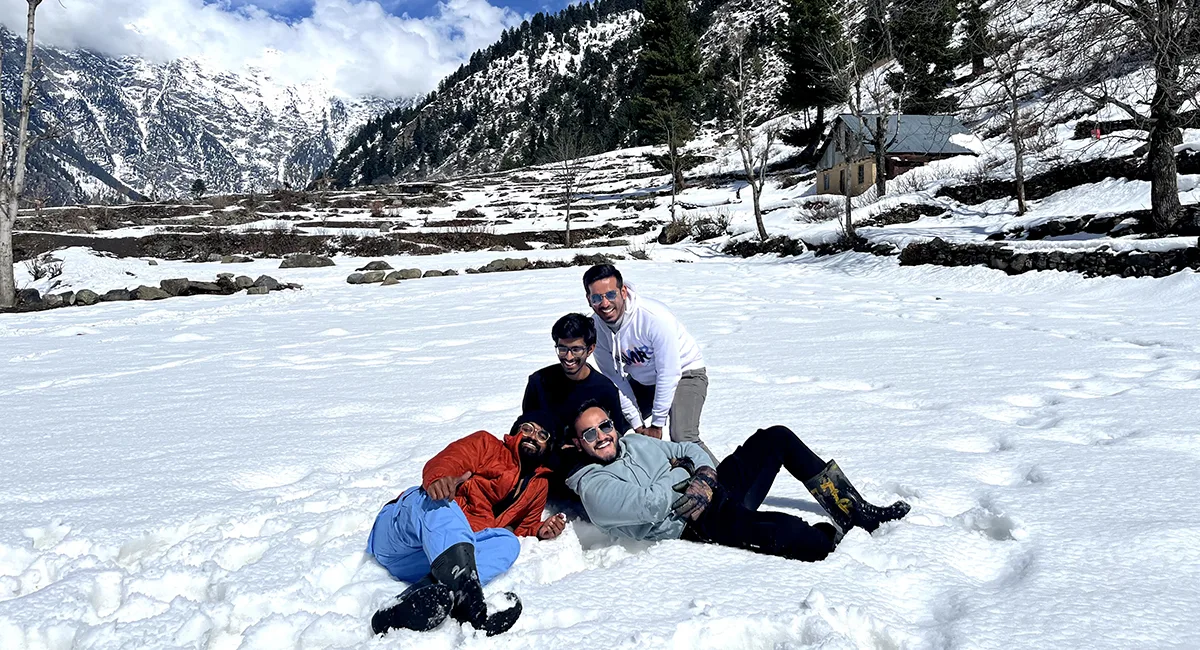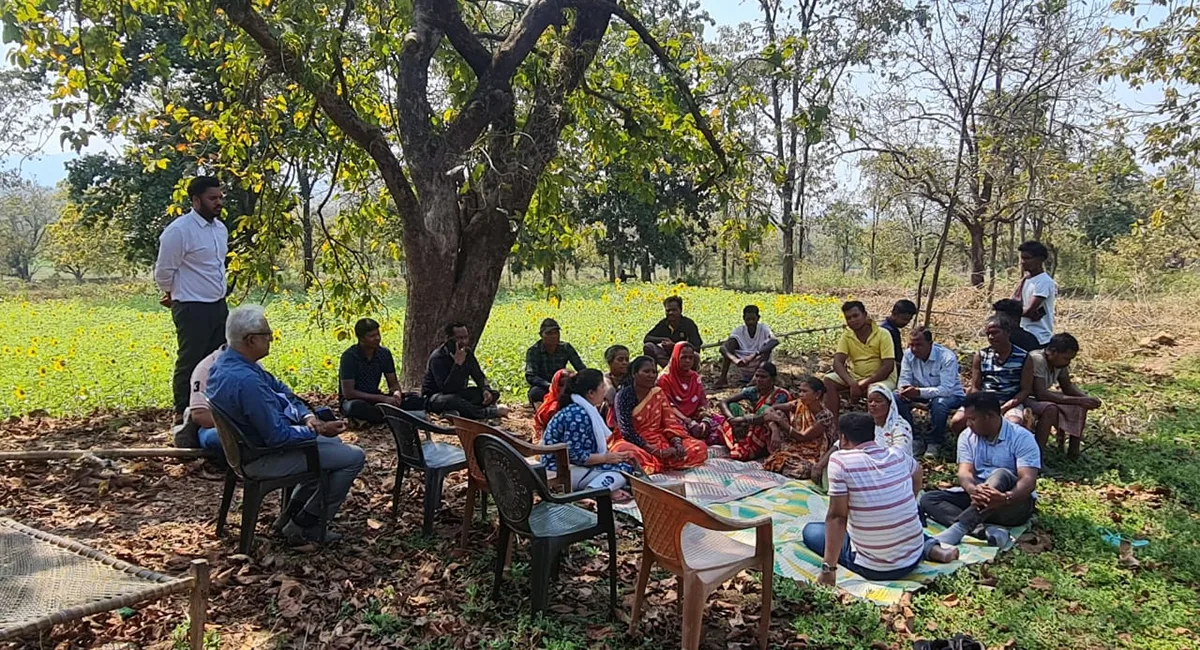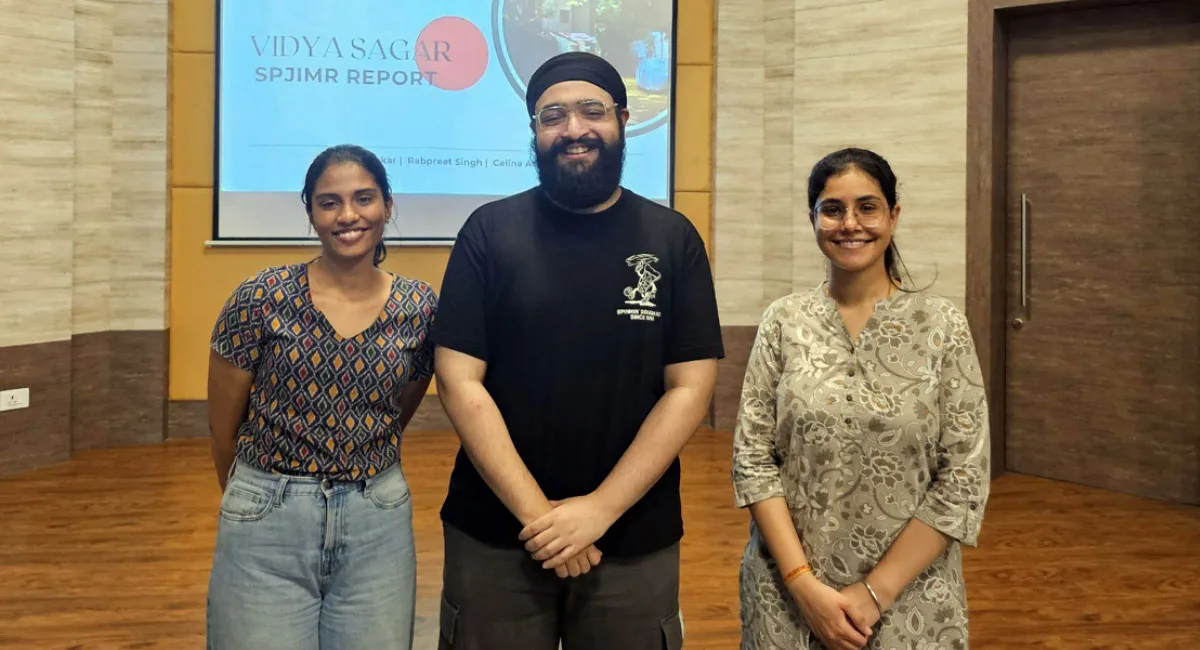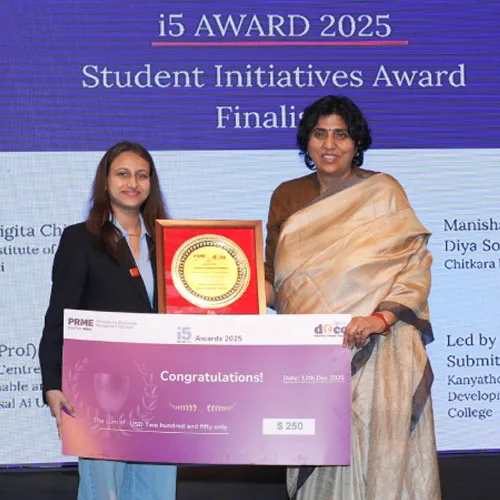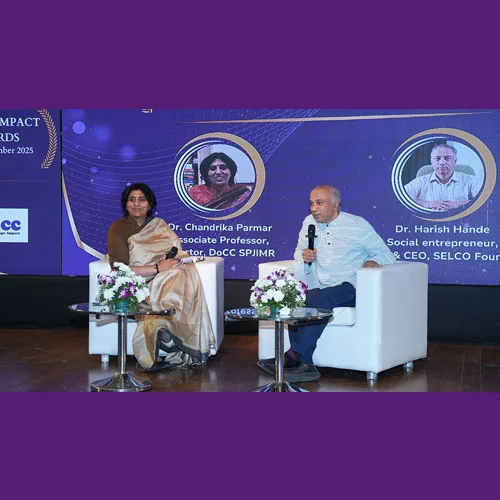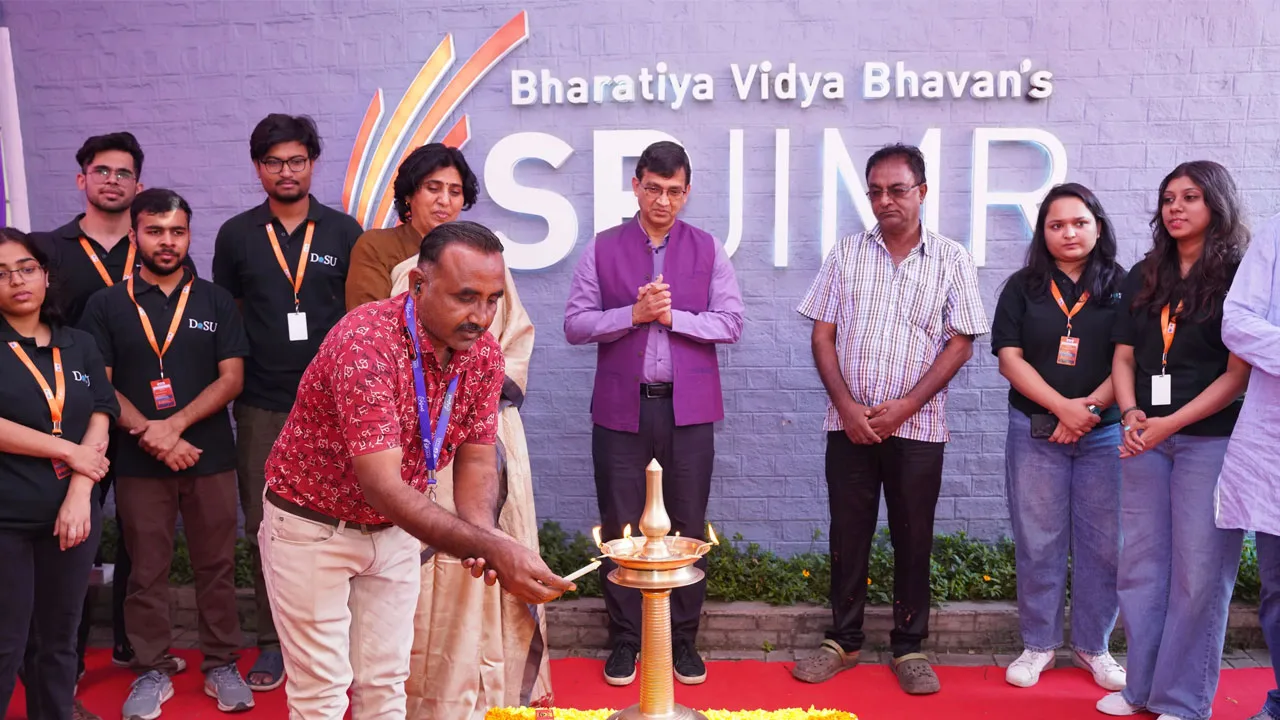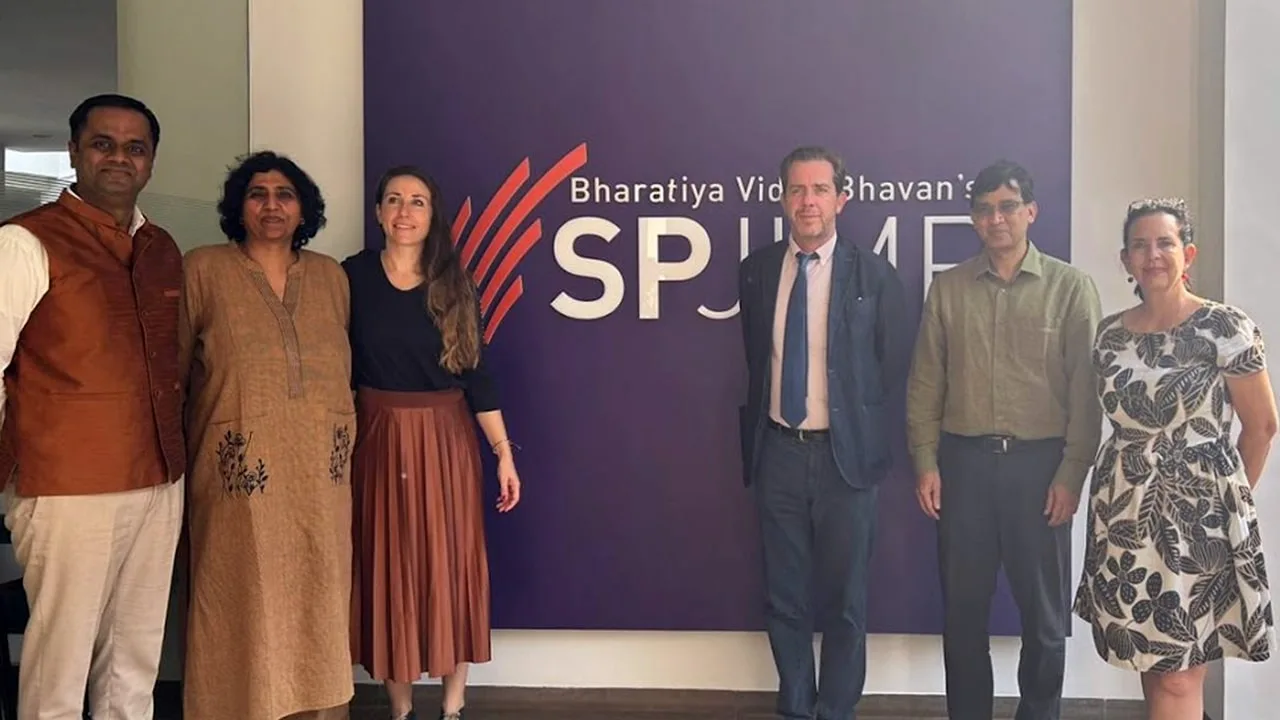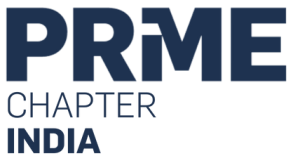
Principles of Responsible Management Education (PRME) is above all, a learning community of business schools committed to weaving six core principles into business and management education (https://www.unprme.org/what-we-do)
Brainchild of then UN General Secretary, Ban ki Moon, UN PRME, was developed in 2007 by an international task force of sixty deans, university presidents and official representatives of leading business schools and academic institutions. The development of a principle-based global engagement platform for academic institutions follows from a recommendation by academic stakeholders of the UN Global Compact.
The idea was officially introduced by the UN Global Compact at the Global Forum “Business as an Agent of World Benefit” at Case Western Reserve University in October 2006. Under the coordination of the UN Global Compact and leading academic institutions, the PRME task force developed a set of principles which lays the foundation for the global platform for responsible management.
SPJIMR Prof. Chandrika Parmar, Director, DoCC, currently chairs the PRME India Chapter.




